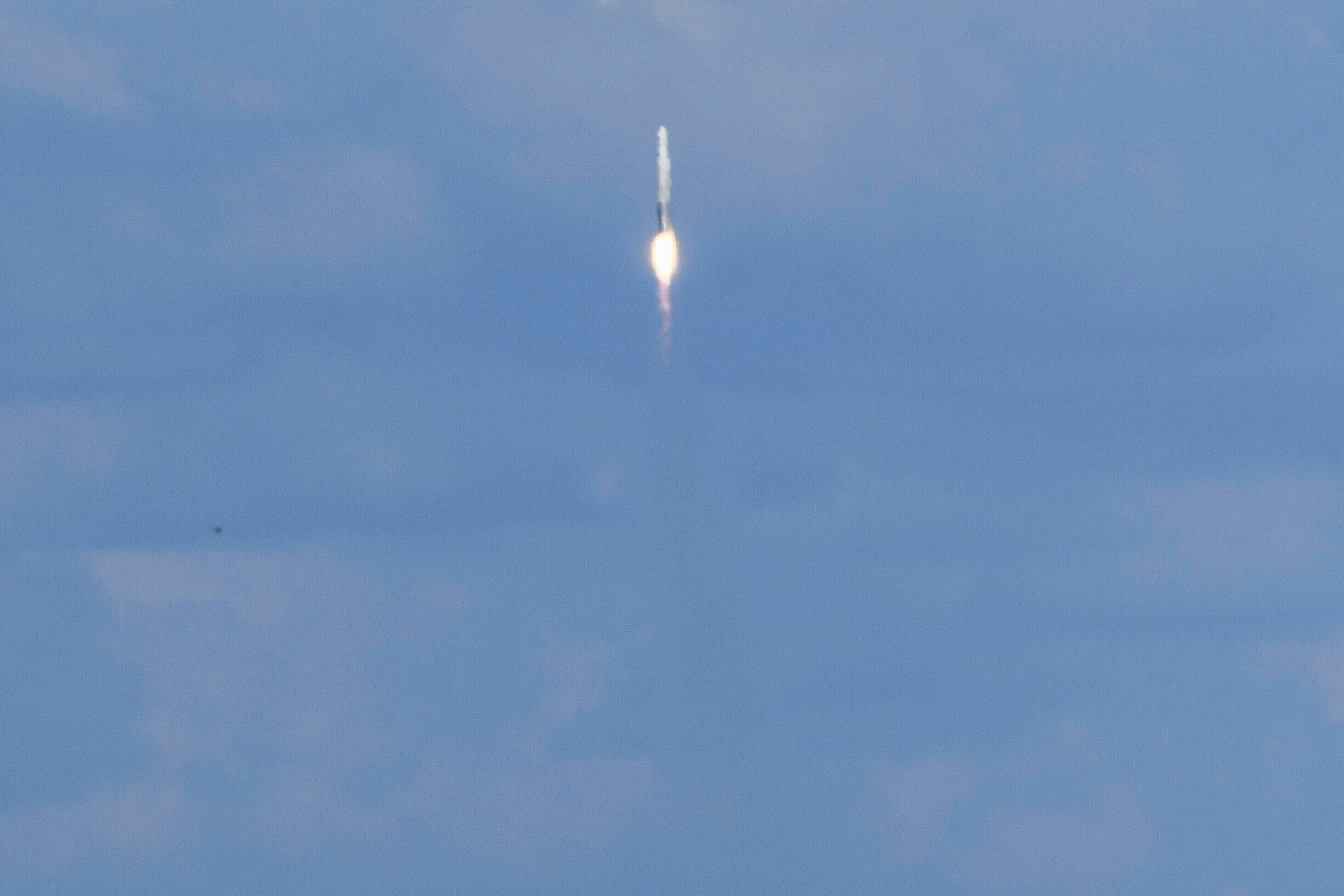Rocket startup's Florida launch debut ends in ocean crash
A rocket startup's big launch debut at Florida's Cape Canaveral has ended with all four mini satellites destroyed

A rocket startup’s big Florida launch debut ended with all four mini satellites destroyed Thursday.
California-based Astra sent its rocket soaring from Cape Canaveral after multiple delays, including a last-second engine shutdown Monday. The 43-foot (13-meter) rocket arced through a clear afternoon sky out over the Atlantic, carrying small research satellites sponsored by NASA.
But shortly after the first-stage booster dropped away, onboard cameras showed the second stage igniting and appearing to tumble. The video cameras went dark less than four minutes into the flight and the airwaves grew silent.
A launch commentator finally confirmed that the payloads failed to reach orbit. Three of the CubeSats were built by universities in Alabama, New Mexico and California while the fourth was from NASA's Johnson Space Center in Houston. All ended up crashing into the ocean.
Astra CEO and founder Chris Kemp apologized for the loss in a tweet: "I’m with the team looking at data, and we will provide more info as soon as we can.”
NASA mission manager Hamilton Fernandez reiterated the space agency's support following the accident.
“Missions like these are critical for developing new launch vehicles in this growing commercial sector," Fernandez said in a statement.
Astra was among three companies picked by NASA in 2020 to launch small satellites. The company received $3.9 million.
Astra was attempting its first launch from Cape Canaveral, following its first successful orbital launch last November from Alaska's Kodiak Island. That test flight — contracted by the U.S. Space Force — featured a dummy payload on the second stage.
The company was founded in 2016 in Alameda, California.
___
The Associated Press Health and Science Department receives support from the Howard Hughes Medical Institute’s Department of Science Education. The AP is solely responsible for all content.
Subscribe to Independent Premium to bookmark this article
Want to bookmark your favourite articles and stories to read or reference later? Start your Independent Premium subscription today.
